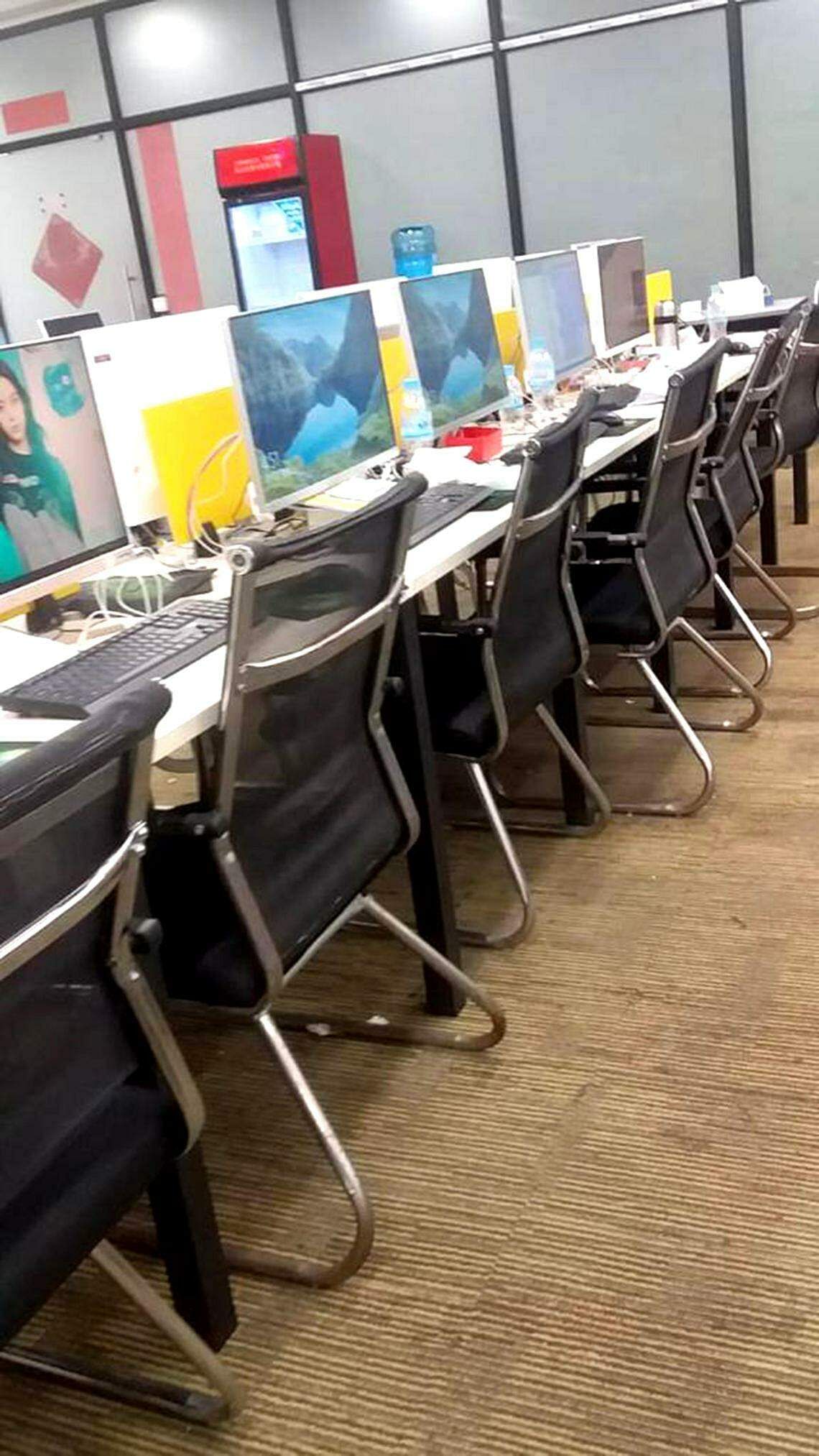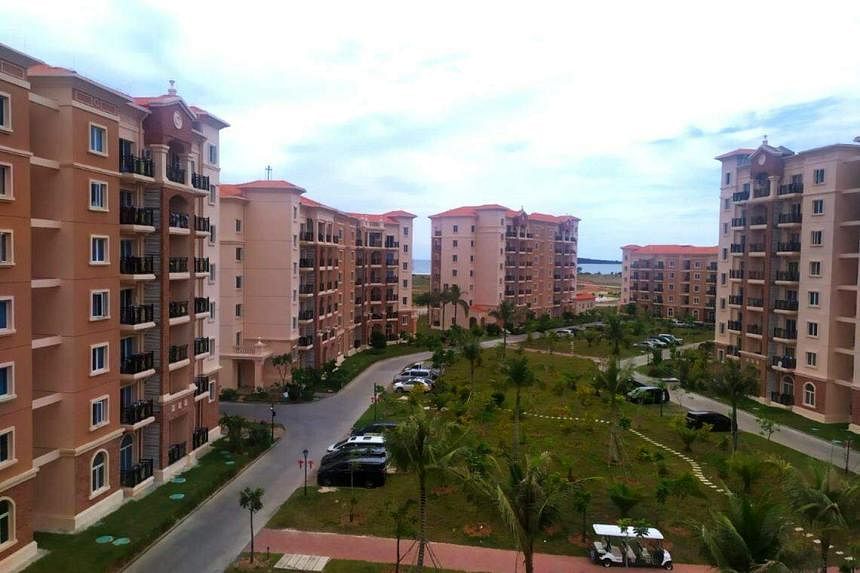'Almost everyone believed us': Bangladeshi man trafficked to scam compounds told to target Singaporeans


Bangladeshi national Abdus Salam thought he had snared a high-paying IT job in Cambodia in 2022, and his family mortgaged their land to pay the recruitment fees.
Instead, he was forced to work as a scammer in Cambodia, and was held captive in three scam compounds over five months until he was rescued in September 2022.
Now home in Bangladesh, Mr Salam, 27, is a survivor empowerment officer with the Humanity Research Consultancy (HRC), supporting the repatriation of human trafficking victims held in scam compounds.
In March, he told The Straits Times over Zoom from Bangladesh that scammers recruit not only migrant workers – they advertise lucrative job offers to also lure the educated.
Non-profit organisation Global Anti-Scam Organisation (Gaso) told ST it helped to rescue Mr Salam from the scam compound. He has spoken to Time magazine about his experience as a human trafficking victim.
In early 2022, the engineering graduate accepted an IT job in Cambodia through a broker, who was a trusted childhood friend.
The job promised a US$1,000 (S$1,300) monthly salary, five times more than in Bangladesh. His parents mortgaged their land and raised about US$3,000 to pay the recruitment fees.
After his flight landed in Phnom Penh, Bangladeshi brokers brought him to an office, where a man interviewed him for the job.
Then, he was sent on a nine-hour car ride to Long Bay in Dara Sakor, a special economic zone about 250km away from Phnom Penh with tourism projects owned by a Chinese conglomerate.
Long Bay was flagged as a scam compound in an August 2022 Al Jazeera report. Quoting police sources, it reported at least 50 people have been rescued from the area.
Mr Salam worked in a building beside a luxury casino hotel. His workplace resembled an office, complete with desktop computers and chairs.
Then, he was asked to create fake social media accounts.
Mr Salam said: “I was confused why I was creating fake accounts... so (I realised) this was fraud. You just have to obey all the orders because you are a slave, you have been sold to them.”
Those who did not comply or meet targets were tortured or even killed, he said.
He was ordered to contact hundreds of victims daily in pig-butchering scams – a type of scam in which scammers build relationships with victims and convince them to invest in bogus investment schemes.

A study found that pig-butchering scam victims around the world have lost more than US$75 billion.
Mr Salam said his supervisor told him to target Singaporeans as Singapore was rich, with many business-minded young people ready to invest.
The supervisor boasted he once cheated a Singaporean of more than $300,000.
Mr Salam said he tried to con two or three Singaporean men into investing in bogus investment platforms.
The men, aged between 25 and 35, thought they were texting a young woman. But it was just a persona created with photos scraped from social media profiles.
Mr Salam does not know if the men lost money, as he was sold to another scam compound midway through their conversations. But he said they sounded convinced.
He said: “Almost everyone believed us. Not just Singaporeans. The way we presented the story, people believed it was true.”

In the five months between April 1 and Sept 4, 2022, Mr Salam was sold to three different scam compounds in Cambodia for between $3,500 and $10,000 each time.
A report by the Office of the United Nations High Commissioner for Human Rights on Aug 29, 2023, said hundreds of thousands of people were being forced by criminal gangs to work in scam and illegal gambling centres in South-east Asia.
Victims came from Africa, the Middle East, China and across South-east Asia, including Singapore.
In October 2023, law enforcement agencies from 27 countries, including Singapore, launched operations that led to the rescue of 149 human trafficking victims and the arrest of 281 people.
The total number of scam cases in Singapore hit a record high in 2023, with 46,563 cases reported and victims losing S$651.8 million.

Mr Salam learnt how to create characters tailored to victims and to prey on their emotions.
He said: “If someone is looking for a girlfriend, we become their girlfriend. If anyone wants to build a friendship, we become their good friend who can share everything with them.”
He created nearly 100 fake profiles across different social media platforms.
He does not know how many victims he conned, but said he earned only about $600 in the five months, which was spent on meals.
Deliverance came when a colleague contacted Gaso, and Mr Salam was rescued in September 2022. He declined to divulge details as it might compromise Gaso’s operations.
HRC founder and director Mina Chiang said deceptive jobs usually provide accommodation, flight tickets and other benefits.
She said: “It essentially indicates that jobseekers will be living in the working locations, which is the management style that we see in scam compounds.”
She added that these jobs often do not state employers’ names clearly, or the employers’ registration information does not exist as they are criminal entities.
Mr Salam said if job seekers are offered only a tourist visa and not a work visa, they should reject the job.
He said: “And if anyone says it’s a crypto-selling and marketing job, or a casino job, then they should run from that company.”
This article was first published in The Straits Times. Permission required for reproduction.